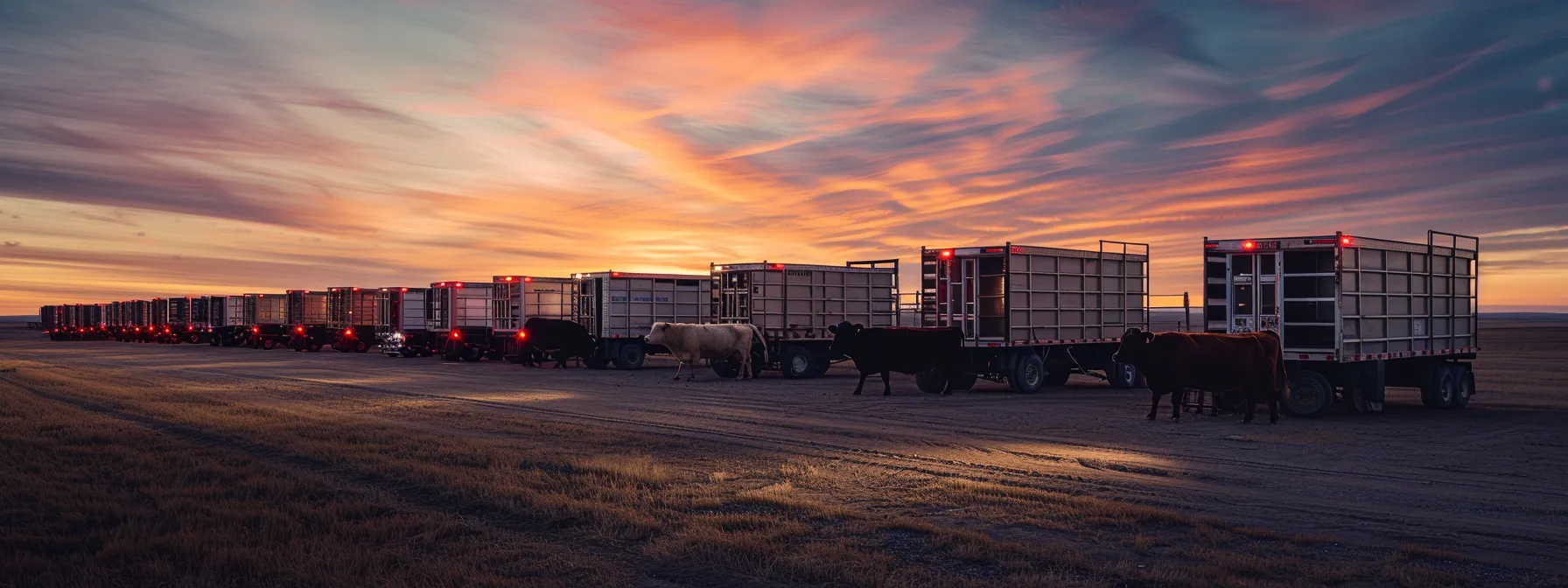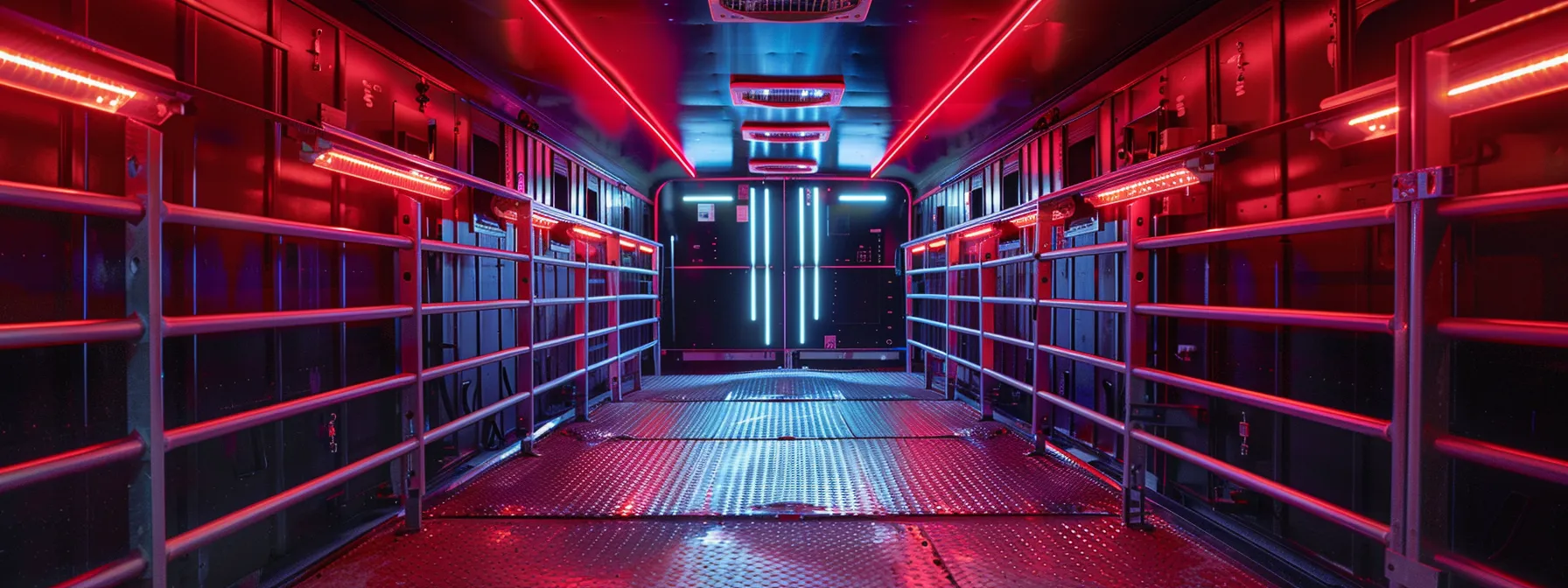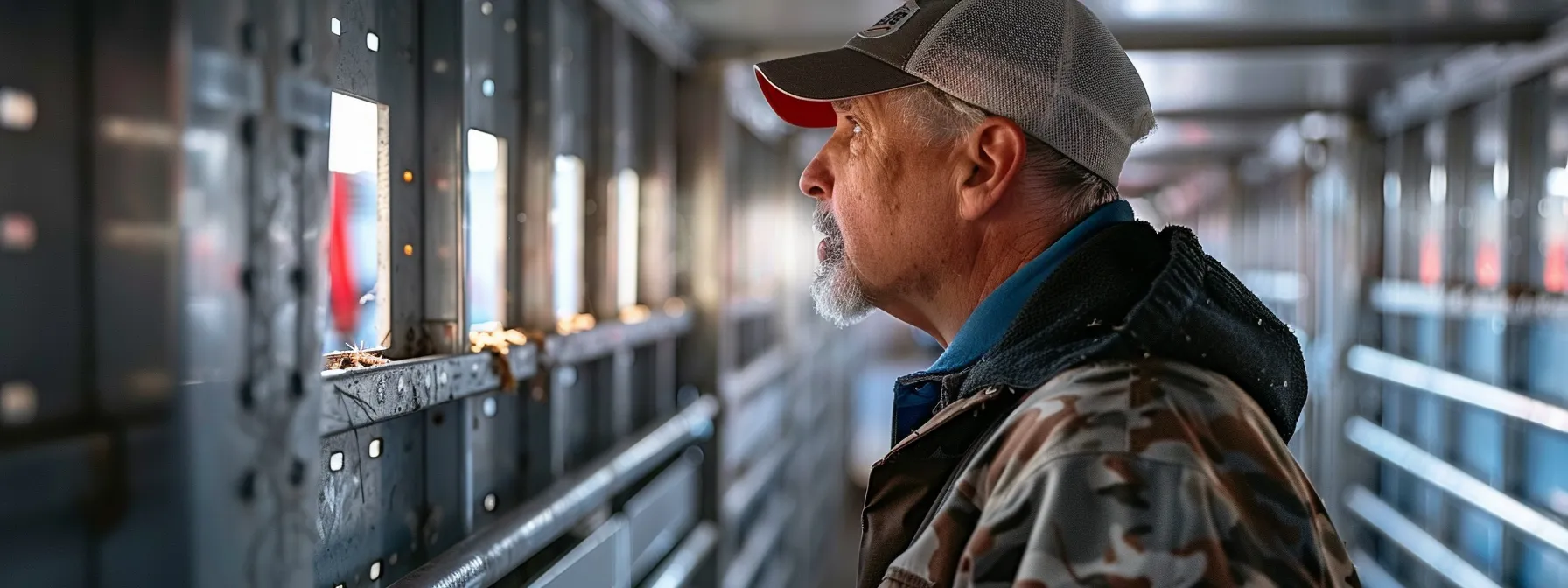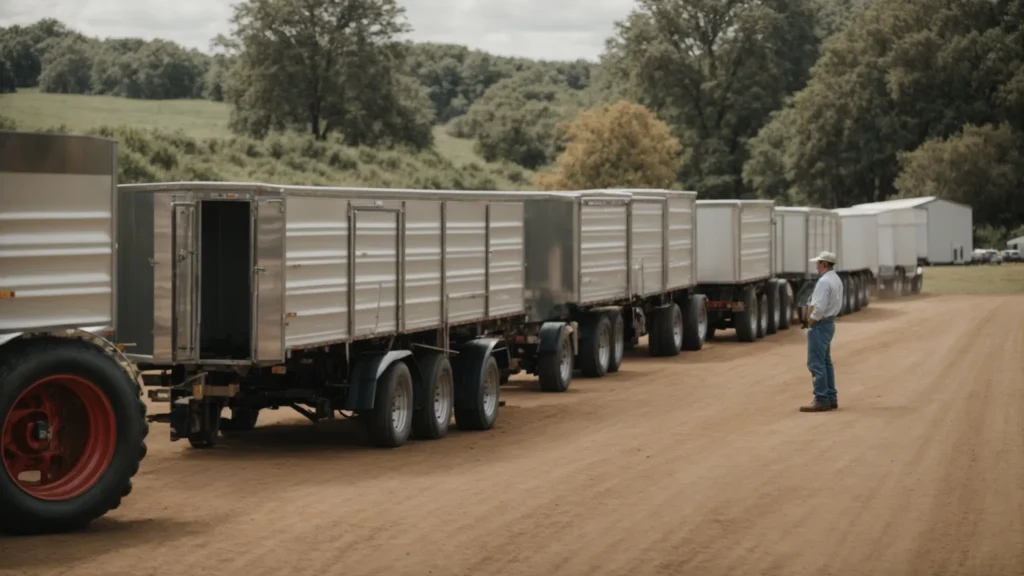Livestock Trailer Buying Tips: How To Choose the Best Option for Your Farm
Finding the perfect livestock trailer is crucial for the efficient and safe transport of animals. Whether you run a small family farm or a large agricultural operation, the right trailer can make all the difference. From construction quality to size and features, several factors come into play when making this important investment. Below, we’ll guide you through what to look for and how to choose the best livestock trailer for your needs.
Assessing Livestock Trailer Types and Their Purposes

When exploring the options for hauling your livestock, you’ll come across various types of trailers. Each design caters to different needs, from basic stock trailers for short hauls to more specialized versions like livestock trailers designed for long-distance travel and maximum animal comfort. It’s important to familiarize yourself with the different styles and their intended purposes before making a selection.
Gooseneck and bumper pull trailers are the two primary configurations you’ll encounter. Gooseneck trailers offer better stability and a higher weight capacity, which is ideal for hauling more animals or for longer distances. Bumper pull trailers, on the other hand, can be hitched to a broader range of vehicles and are often more maneuverable in tight spaces.
Apart from the hitch type, consider the internal layout as it affects animal safety and ease of loading. Slant-loading trailers provide more space and comfort for livestock, while straight-loading models may be more economical. Make sure the trailer layout aligns with the livestock size and number to ensure a stress-free transport experience for your animals.
Lastly, the ventilation system is vital for the well-being of your livestock during transport. Adequate airflow is essential, particularly for longer journeys. Look for trailers with adjustable vents, windows, or open slat designs to help regulate temperature and provide sufficient air circulation.
Key Features To Consider When Selecting a Livestock Trailer

Once you’ve identified the style of the trailer best suited to your operation, focus on the features that enhance functionality and safety. Flooring is one such feature; you’ll want a material that provides grip while being durable and easy to clean. Many trailers offer rubber mats or rigid aluminum floors to prevent animals from slipping.
Suspension is another crucial aspect. A good suspension system cushions the ride, reducing stress on the livestock and wear on the trailer. Opt for trailers with high-quality suspension systems to ensure a smoother journey and extended trailer longevity.
Lighting is often overlooked, but it is critical for both loading safety and road visibility. LED lights are long-lasting and consume less power, making them an excellent choice for both interior and exterior trailer lighting. They improve the visibility of your trailer to other drivers and make night-time loading and unloading much safer.
Lastly, consider the convenience features like storage compartments for feed and supplies, as well as easy-to-operate gates and partitions. Ease of maintenance should also be considered. Look for trailers with features that simplify cleaning and repairs, which will save you time and effort in the long run.
Determining the Right Size and Capacity for Your Farm Needs

The size and capacity of your livestock trailer should match the scale of your operations. Over- or underestimating your needs can lead to inefficient use of resources. Start by assessing the number and size of the animals you plan to transport regularly. Don’t forget to account for any anticipated growth in your herd size when preparing for the future.
Weight capacity is just as important as physical size. Exceeding the weight limit can be dangerous on the road and may lead to costly damages or accidents. It’s beneficial to have a buffer in capacity to accommodate any extra, unexpected loads without compromising safety or legality.
Consider the legal requirements for trailer capacities and sizes in your region as well. There might be restrictions based on your driving license, vehicle size, or the roads you plan to travel. It’s always better to be informed than face penalties or be forced to upgrade your trailer or tow vehicle unexpectedly.
Another factor is maneuverability. Larger trailers provide more space but can be harder to handle, particularly on smaller farms or in areas with narrow roads. Ensuring that you can comfortably navigate your trailer within your daily operation is as important as its capacity to accommodate livestock.
Selecting the right livestock trailer is a crucial decision that impacts the efficiency, safety, and productivity of your farm. Considering the type, features, size, construction, and whether to go for new or used, you can make an informed choice that supports your farm’s success for years to come.






